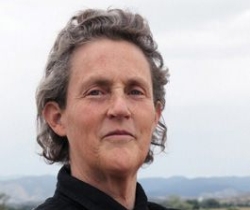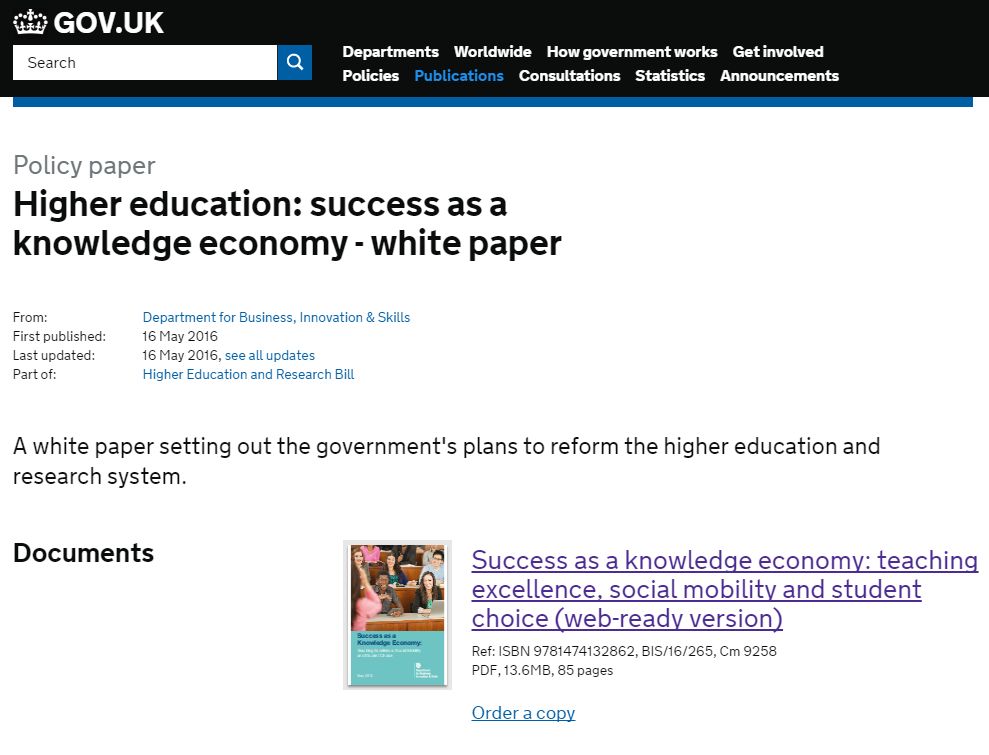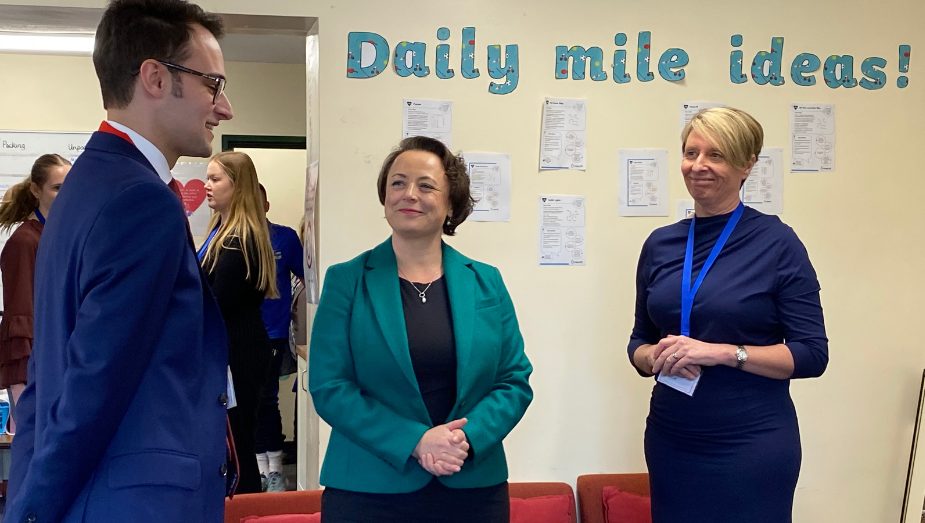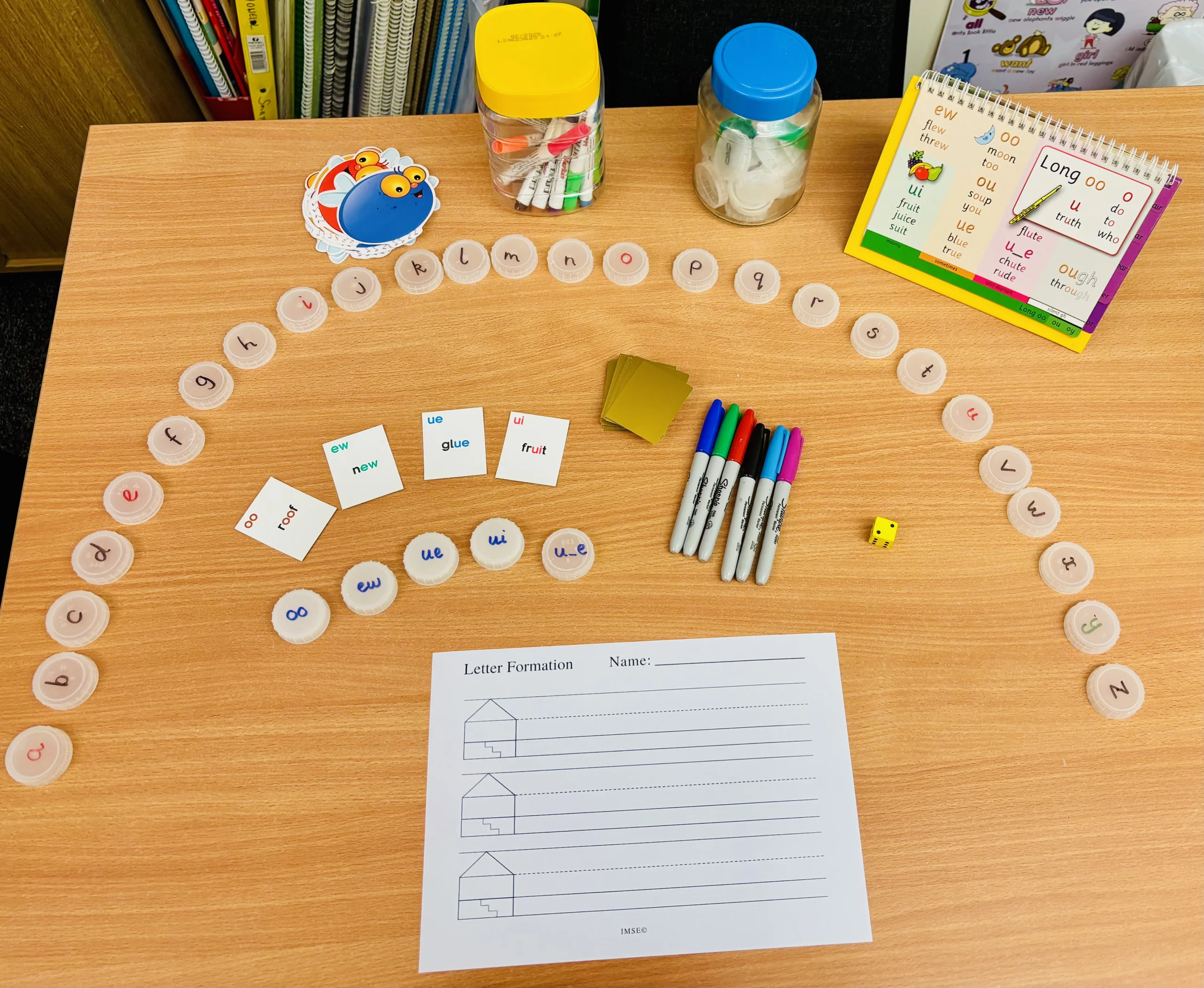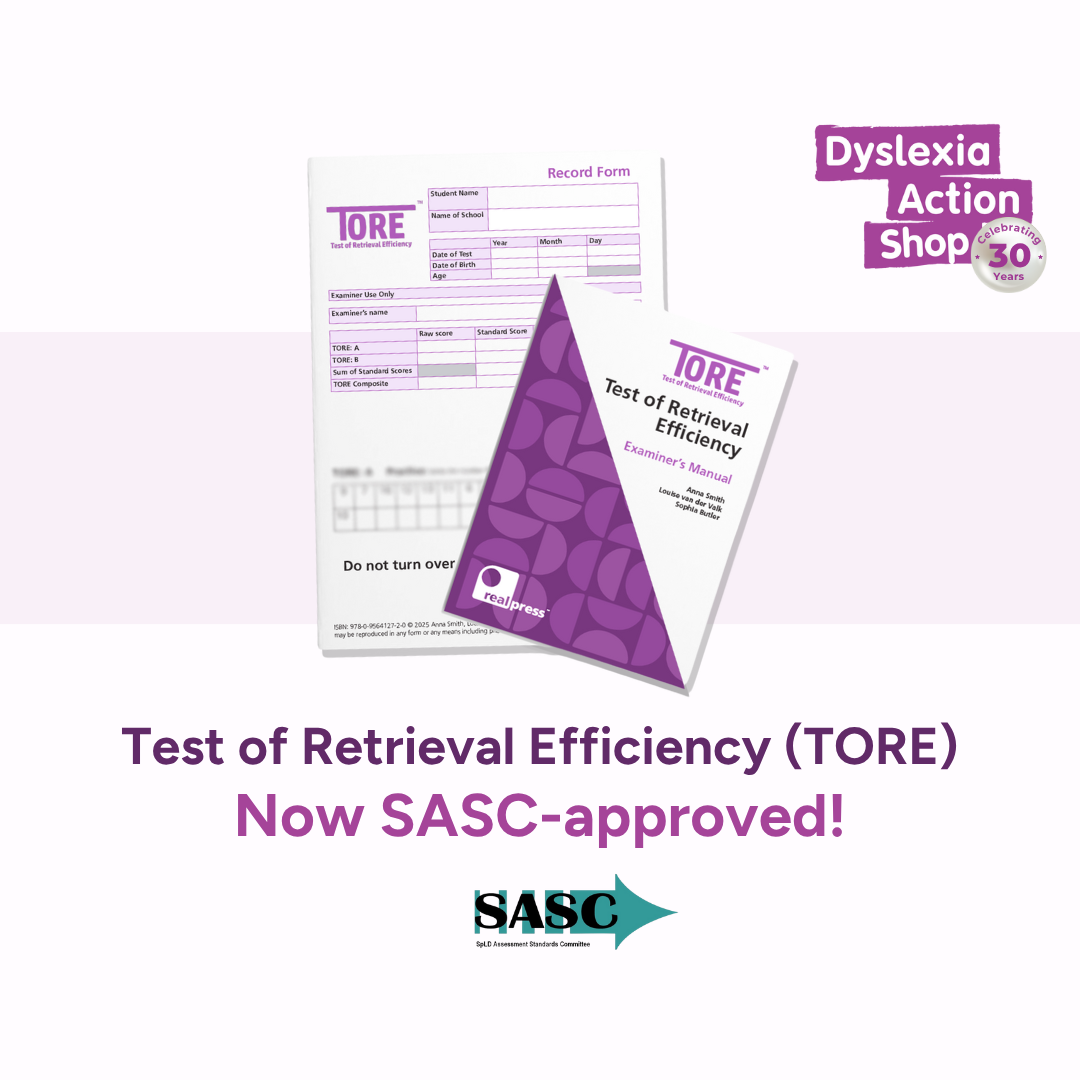New Assistant SENCO Apprenticeship Programme Launched
Comprehensive training course for new or aspiring Assistant SENCOs We are delighted to announce the launch of a new apprenticeship programme, designed to equip new or aspiring Assistant SENCOs with the essential knowledge and skills to support effective provision for pupils with special educational needs. As the first apprenticeship specifically…
Read more




